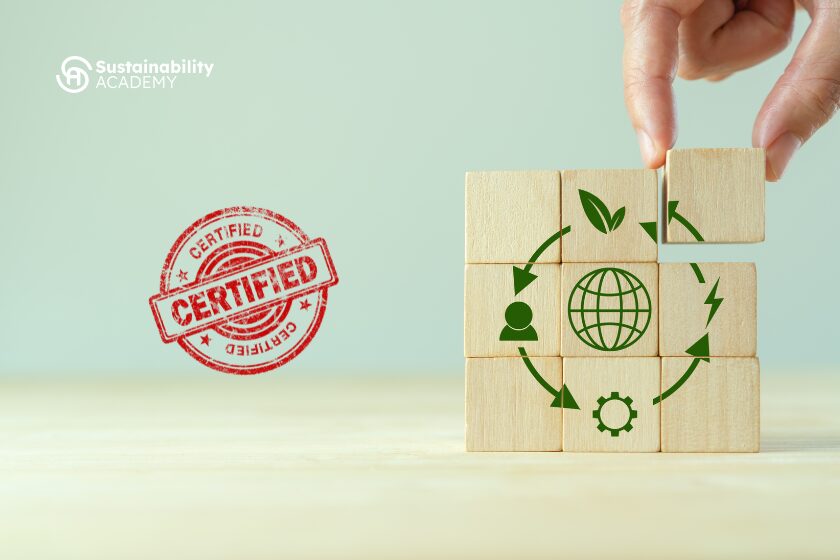Sustainability has become a defining measure of progress in the USA States. As environmental concerns grow and climate impacts intensify, how individual states respond has never mattered more. In 2025, a clear pattern has emerged: the most forward-thinking states are those that have embedded sustainability across every level of governance, urban design, and community engagement.
Rather than relying on isolated green initiatives, these states take a systems-thinking approach. They connect climate policy to housing, zoning to public health, and education to environmental equity. Their success lies in bold leadership, innovative policies, and inclusive planning that brings people to the center of sustainability.
This article explores how and why these leading states stand out—not just in reducing emissions, but in building resilient economies and healthier communities. Their efforts are not abstract ideals; they’re backed by data, legislation, and results. By examining their strategies, we uncover practical lessons for other states, cities, and sustainability advocates everywhere.
-
California || USA State – Green Tech Powerhouse
California continues to top the sustainability rankings in 2025, driven by clean energy mandates, electric vehicle adoption, and ambitious emissions goals. Over 50% of the state’s electricity now comes from renewables.
Key Achievements:
- Ban on new gas-powered cars by 2035
- Nation’s largest EV charging infrastructure
- Subsidies for community solar projects
“California is proving that economic growth and environmental responsibility are not mutually exclusive.”
— Governor Gavin Newsom, Climate Policy Forum 2024
The recent arXiv study shows California cities scoring high on Form-Based Codes (FBCs), which support dense, walkable, transit-rich communities—key ingredients for reducing emissions.
-
Vermont || USA State – Nature First
Vermont thrives through stewardship, not scale. With strong commitments to biodiversity, local farming, and renewable hydropower, Vermont consistently ranks in the top five eco-friendly states.
Standout Actions:
- Local food and composting mandates
- Investment in solar cooperatives
- Highest recycling rates per capita
“In Vermont, we believe that sustainability starts at the kitchen table—with community.”
— Rebecca Holcombe, former Vermont Education Secretary
Town halls and citizen-led sustainability plans are common, reflecting an inclusive, grassroots approach.
-
Massachusetts || USA State – Smart Cities, Smarter Solutions
Massachusetts combines innovation and policy. Home to MIT and Harvard, the state supports cutting-edge research on sustainable cities and clean energy. Boston’s “Greenovate” initiative focuses on heat mitigation and sea-level rise.
Core Strategies:
- Net-zero mandates for public buildings
- Climate resilience scoring for infrastructure
- Research-to-policy partnerships
“We’re using data not just to plan for the future, but to build it.”
— Kate Dineen, Executive VP, A Better City Boston
Cambridge and Somerville are ranked as leading FBC adopters, with zoning that supports diverse, walkable, and mixed-use neighborhoods.
-
Oregon || USA State – Planning With Purpose
Oregon’s reputation as a sustainability leader is rooted in long-standing land use reforms. The Portland metro area has limited sprawl for decades through its urban growth boundaries, leading to smart, dense development.
Notable Successes:
- Integrated bike/transit systems
- Green infrastructure incentives
- Statewide plastic bans
“Oregon shows that zoning isn’t just about buildings—it’s about values.”
— Arianna Salazar-Miranda, co-author of the 2025 arXiv zoning study
The arXiv study finds Oregon cities among the top quintile for FBC similarity, with narrower setbacks, higher walkability scores, and smaller plots that support density.
-
Washington || USA State – Equity Meets Innovation
Washington is among the first states to embed environmental justice directly into its climate funding decisions. From Seattle’s low-carbon zoning to statewide composting mandates, Washington’s success lies in aligning innovation with equity.
What’s Working:
- Circular economy roadmap
- Green job retraining programs
- Community solar for low-income housing
“Sustainability must be inclusive. Otherwise, it’s not sustainable at all.”
— Hilary Franz, Washington Commissioner of Public Lands
Cities like Spokane and Olympia have adopted zoning codes that prioritize community input and climate risk—consistent with the FBC framework.
Common Traits Among the Top 5
Despite their geographic and political differences, these leading states share core pillars of sustainability:
- Proactive Policies backed by legislation
- Data-Driven Urban Planning
- Strong Community Engagement
- Clear Communication and Transparency
They understand that sustainability isn’t just about emissions—it’s about systems that uplift the environment, economy, and equity simultaneously.
Join the Leaders: Learn from Their Playbooks
Progress begins with education. Whether you’re a public official, corporate manager, or environmental advocate, knowledge is your most powerful tool.
The Sustainability Academy offers globally recognized, affordable online certifications designed to empower changemakers.
Top Course Picks:
- Online Diploma on Sustainable Supply Chain Management– It gives an insight on how to start a sustainable supply chain strategy, using appropriate criteria/platforms, and comply with key ESG Ratings and Reporting Standards requirements, supporting the transparency of supply chains. This Sustainable Supply Chain Management course will also help you understand critical related concepts and trends, such as circular economy, sustainable packaging, scope 3 and net zero emissions.
- Certified Circular Economy Professional – It offers new ways to create a more sustainable economic growth model. The philosophy of the Certified Circular Economy Professional course is to provide you with a step-by-step introduction to circular economy, circular economy guidelines and initiatives from Europe, North America and the rest of the word, all the latest tools and legislative development and offers unique knowledge in a practical manner.
- Online Certificate on Carbon Reduction and Net Zero Strategies – It is designed for Sustainability and Climate professionals who want to acquire the necessary practical skills to apply a carbon reduction strategy.
The course provides practical information, case studies and best practicies, along with information on International standards relating to Carbon Reduction, Net Zero Strategies and Reporting, such as WRI GHG Protocol, Scope 1,2,3 CDP, Science Based Targets Initiative (SBTi), GRI.
In 2025, the top-ranking sustainable states in the U.S. aren’t just meeting goals—they’re redefining what’s possible. From California’s clean tech revolution to Vermont’s community-first approach, these states show that environmental excellence is achievable at every scale.
“The future of sustainability is local, data-informed, and community-driven.”
— Emily Talen, co-author, arXiv zoning study
Let these leaders inspire your journey—because the next great sustainability success story could be yours.










